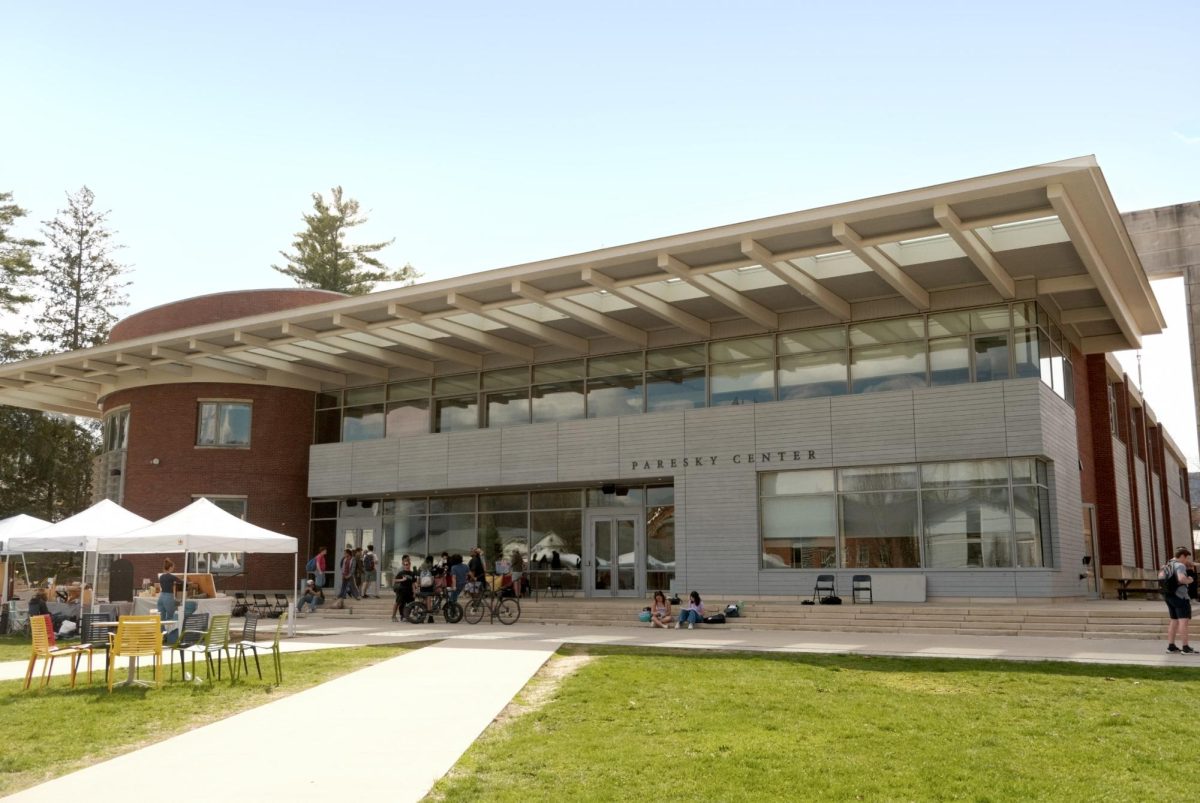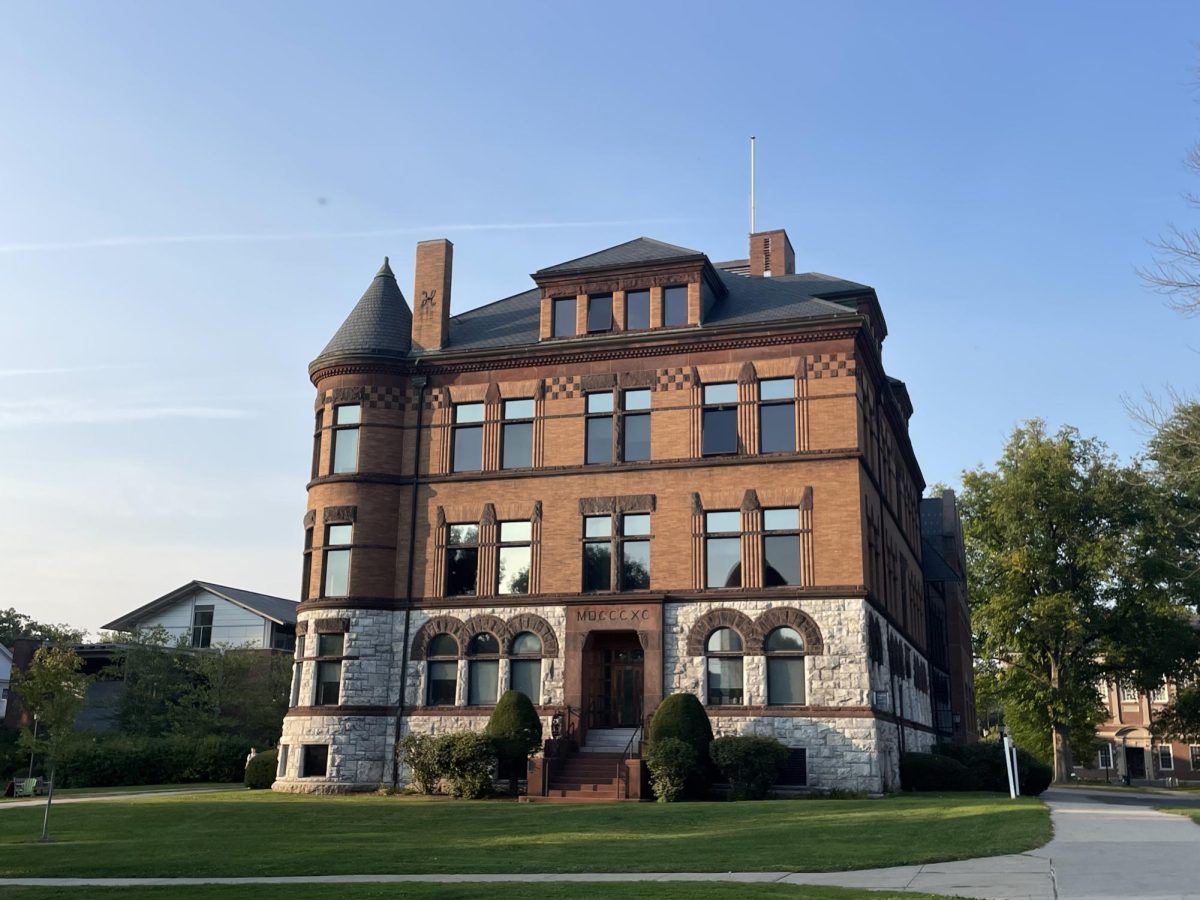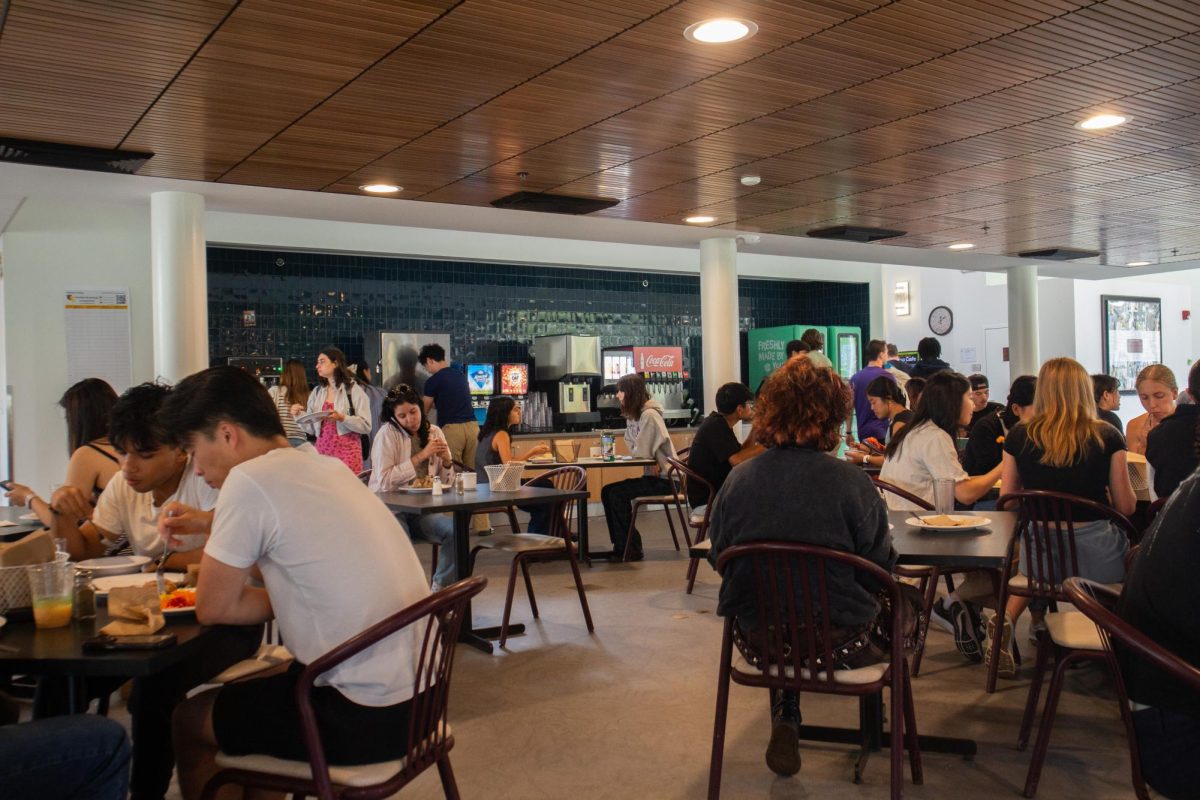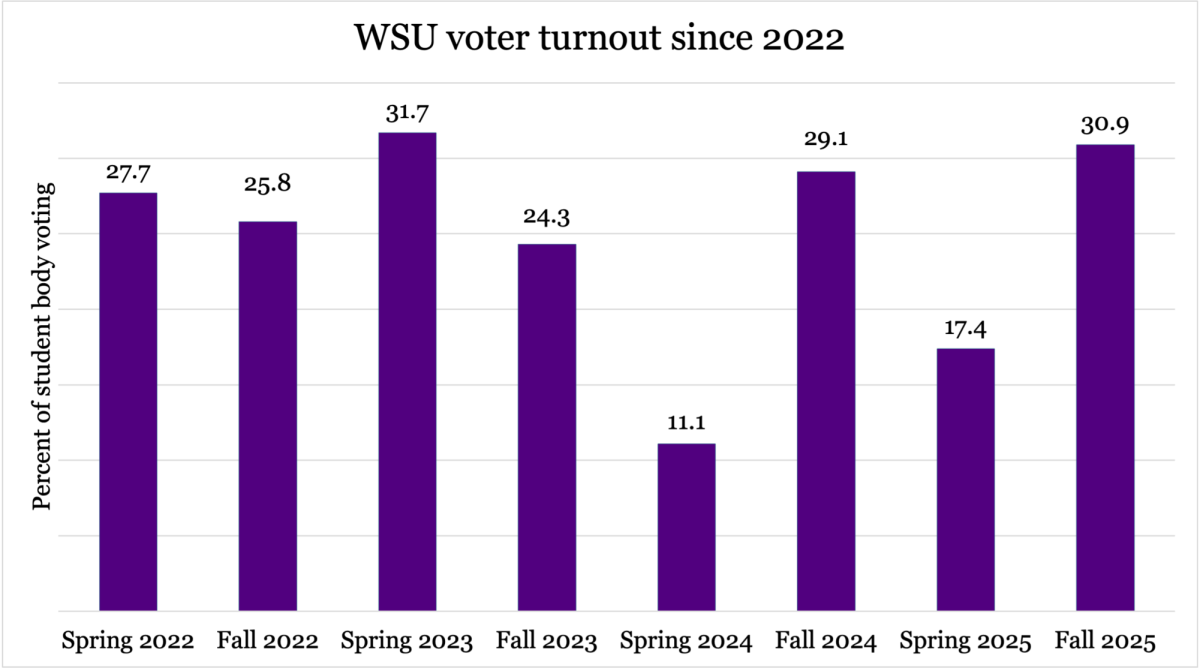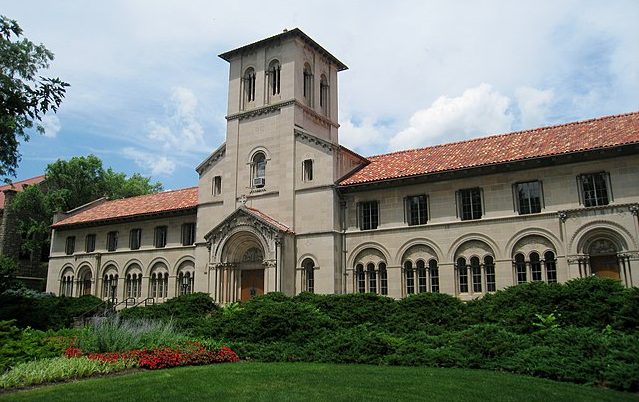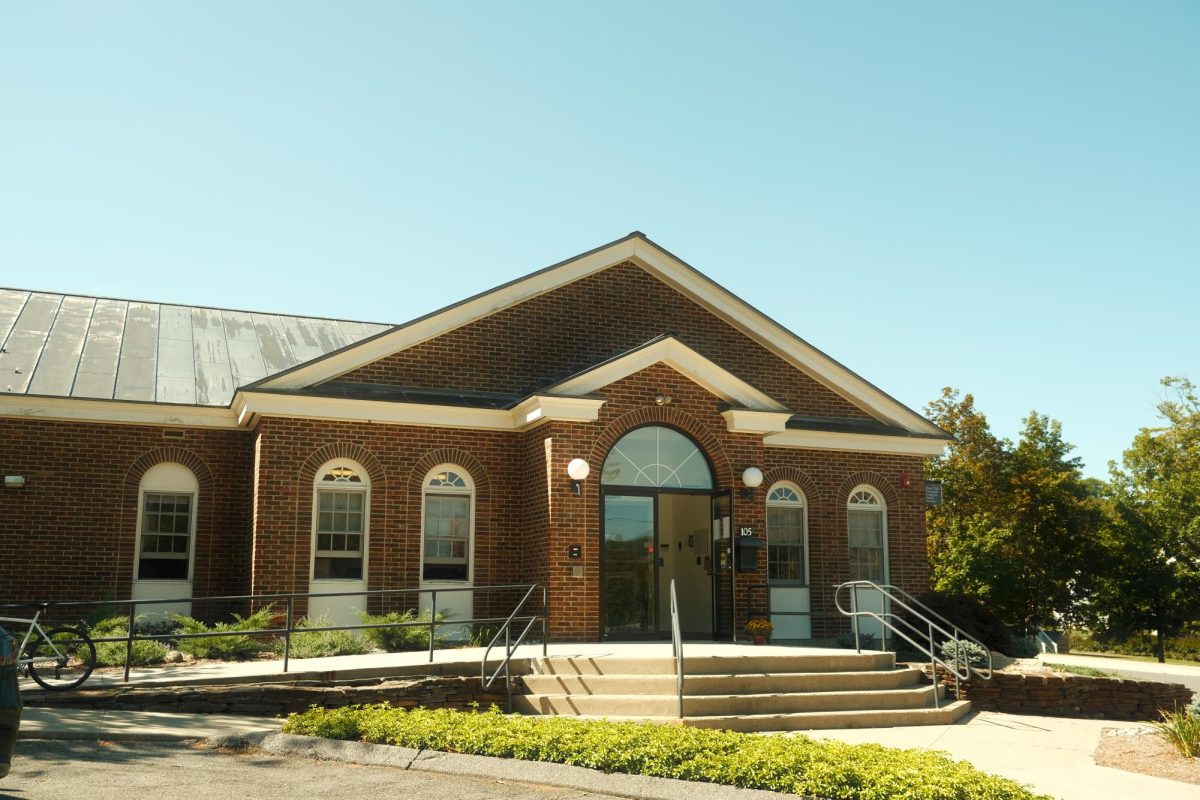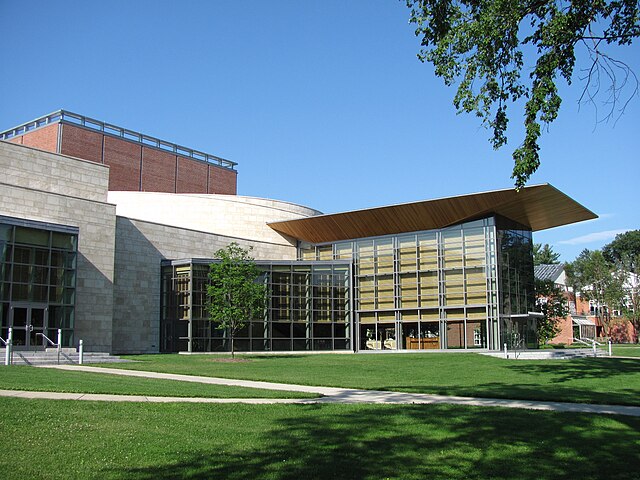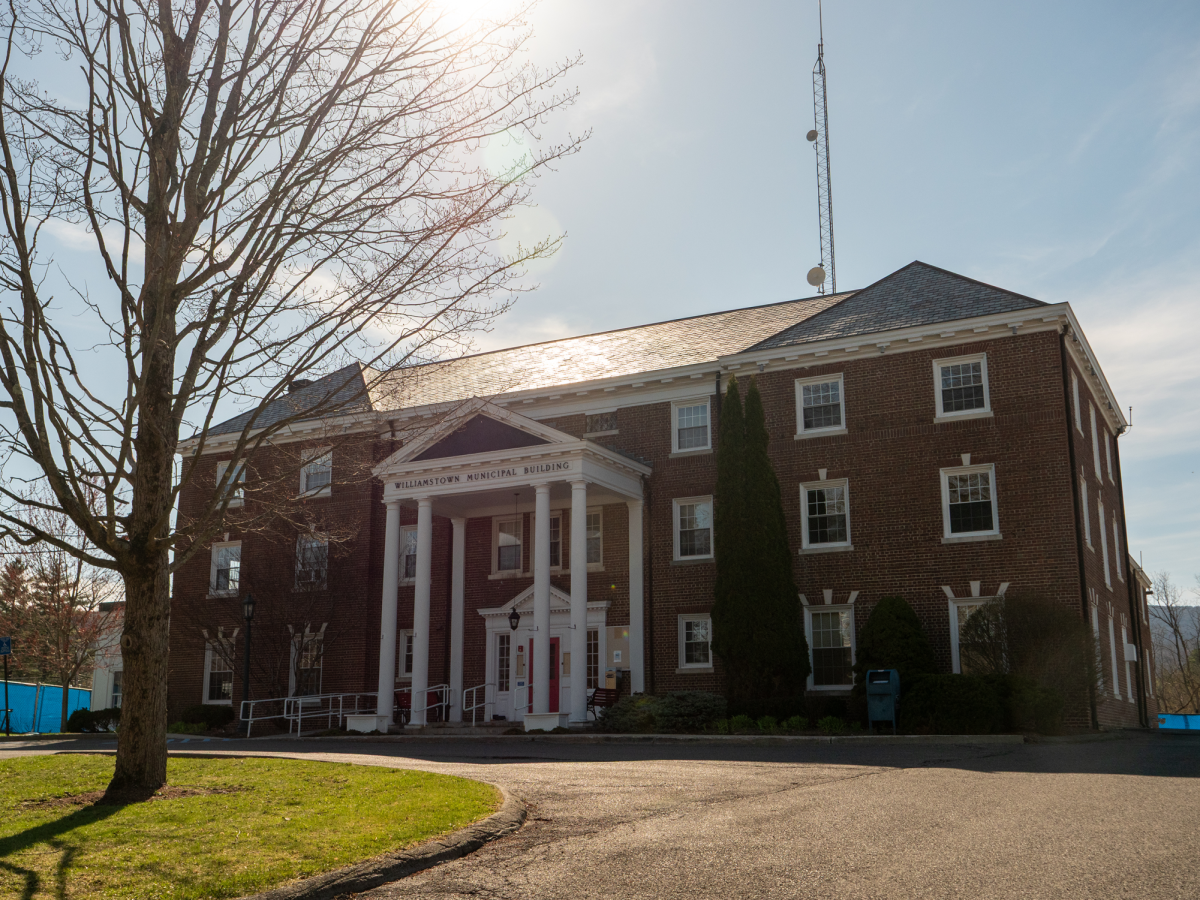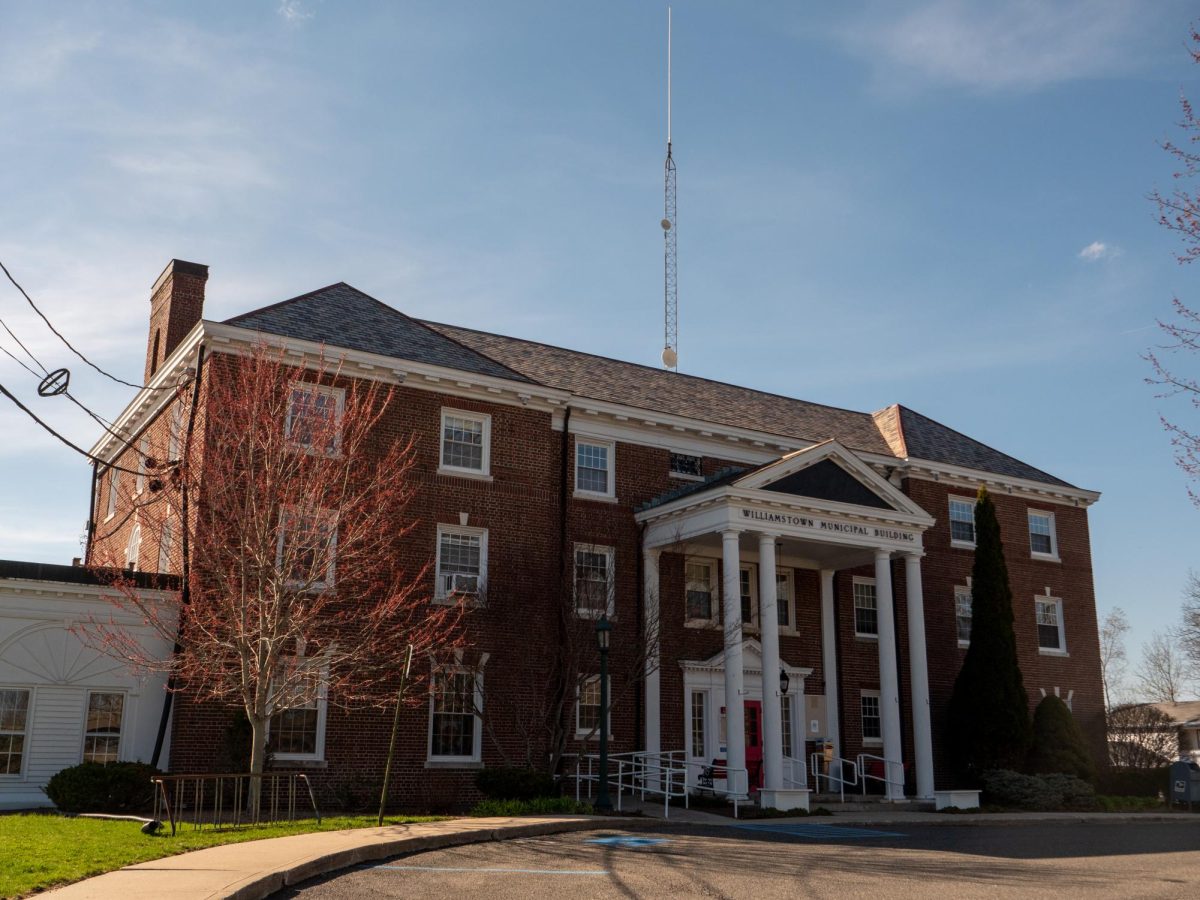Renewed criticism of College’s 2018 funding of new police station, concerns over WPD presence on campus
President of the College Maud S. Mandel sent a letter to the Williamstown Select Board on Aug. 17 calling on the Board to commission a “prompt, full and impartial” investigation into recent allegations of racial harassment and sexual assault within the Williamstown Police Department (WPD).
“Such an investigation is badly needed,” Mandel wrote in her letter to the Select Board. “Along with the finding of fact, it will serve as a necessary first step to rebuild trust and assure everyone that our police force prioritizes their safety, regardless of who they are.”
The letter comes as students have renewed their criticism of the College’s $400,000 donation to Williamstown in 2018 for the construction of the new police station, and as concerns over the College’s relationship to the WPD continue.
The allegations were raised by a federal lawsuit filed last week by WPD sergeant Scott McGowan against the Town of Williamstown, WPD Chief Kyle Johnson and Town Manager Jason Hoch ’95. They include instances of racial harassment and sexual assault allegedly committed by both Johnson and unnamed WPD officers.
Select Board Chair Jane Patton said that the Board is waiting to hear from its attorneys before deciding whether and when to commission any investigation.
“We are working at figuring out what kind of investigating we can do in the interim [before the lawsuit is resolved] that will not impact the pending case,” she said.
In a resolution passed on Aug. 17, the Williamstown Diversity, Inclusion, Race and Equity (DIRE) Committee also called for an independent investigation. The DIRE Committee’s resolution further asks the Select Board to consider “plac[ing] employees on administrative leave during the pendency of an independent investigation.”
The lawsuit alleges, among other things, that Johnson sexually assaulted McGowan and other male and female officers; that a dispatcher said the N-word while a Black Williams student was touring the station in 2014; that Johnson did not adequately discipline an officer who allegedly sexually assaulted a town resident in 2011; and that an officer hung a photograph of Adolf Hitler in his station locker.
The College had no previous knowledge of any of the allegations detailed within the lawsuit, several College administrators told the Record.
“While we don’t know what actually happened, what makes the allegations more egregious is the fact that they are against public officials who are supposed to protect and support our community,” said Vice President for Institutional Diversity, Equity, and Inclusion Leticia Smith-Evans Haynes ’99. “So I believe that if any of us [in the College administration] had heard about these concerns, we would have moved them forward or shared them.”
Director of Campus Safety and Security (CSS) Dave Boyer said that he knew generally of pending litigation against the department but did not know about the specific allegations and had believed the lawsuit related only to McGowan’s lack of promotion in 2019.
In calling on the Select Board to investigate the allegations, Mandel said she was focusing on responding through action rather than statements. “In this instance, the most relevant and significant action I could take was to encourage the Selectmen — in my role as President — to take the steps necessary to investigate this terrible allegation,” Mandel said. “I very much hope they take that step and, if it’s proven true, that they take the steps necessary to create swift and meaningful change to policing in our community.”
Renewed criticism of the College’s WPD donation
Mandel’s letter comes as students leveled renewed criticism on social media, in light of the lawsuit, at the College’s $400,000 donation to Williamstown for the construction of a new police station. The project had been approved by Williamstown residents in a May 2018 town meeting, and the College’s decision to help fund the construction of the station was approved by the Board of Trustees at a January 2018 meeting. Students had previously criticized the donation in June as Black Lives Matter protests drew attention to racism in policing nationwide.
In a comment on the Record’s Instagram post on the lawsuit, Alice-Henry Carnell ’22 tagged the College’s account, asking rhetorically whether it could remember donating to “this department.”
“I am concerned that the College took no substantive action to investigate the WPD before such a sizable donation, as the lawsuit shows that the WPD has a recent history of visible, racist actions,” Carnell said in an interview with the Record. “How can the College claim supporting students of color when they invest in institutions that harm them?”
Carnell said that the lawsuit only underscores these criticisms, and, considering the allegations of sexual assault, highlights the College’s role in a policing system that they said fails to support the safety of sexual assault survivors.
“The work that the WPD allegedly did to silence victims and protect perpetrators within their own institution highlights how unsafe policing institutions are for victims of sexual or intimate partner violence,” Carnell said. “Williams’ support [of the WPD] continues to affirm my belief that college institutions are not safe places for sexual assault victims to find support and justice.”
Assistant to the President for Community and Government Affairs Jim Kolesar ’72 characterized the College’s donation to the WPD as similar to any other financial contribution made by the College to support the capital needs of Williamstown. The discussion on funding the police station, which was ultimately approved by the Board of Trustees, also involved the College and Community Advisory Committee and the Committee on Priorities and Resources, he said.
According to Kolesar, concerns that this donation would directly involve the College in policing was not a part of the funding discussion. The only considerations, Kolesar said, were financial.
“The College had reason to feel it was appropriate to be a financial part of [the police station project] as long as it was not egregious in some way, as long as the community was deciding, Yes, this is the right-sized project for this community,” he said.
Nonetheless, the discussion on the police station’s placement considered the project’s impact on police presence. A proposed Main Street location for the station — in place of where MountainOne Bank is currently located — was discarded in part due to its proximity to campus.
“[Town officials wanted to avoid] the accidental seeing of things that maybe even they would prefer not to see, in terms of students late at night perhaps returning to a dorm that was very nearby or even next door,” Kolesar said.
However, according to Kolesar, this discussion was minimal. “I probably spent a sum total, over three conversations, of 10 minutes on that,” he said. “It just wasn’t a big consideration.”
Reviewing the presence of WPD on campus
Concerns about the WPD’s involvement in responding to campus incidents have been brought to the fore by the lawsuit. These concerns over the WPD’s role in campus safety, College administrators said, predates the complaint. “We [were] already concerned about issues of policing and how it works and the institutional structures that play out in unfair ways even before this,” Dean of the College Marlene Sandstrom said.
Haynes and Sandstrom both said that they had previously received complaints from students who said that WPD officers had treated them differently because of their race.
Mandel also emphasized that the College had already been reviewing its relationship with the WPD prior to the lawsuit. “I don’t think we have leaned that heavily on the WPD in the past,” she said. “But we should continue to figure out ways that we can take care of our community and support our community and also enforce the rules in our community in a way that doesn’t lean heavily on the WPD.”
Boyer pointed to a review process which was initiated earlier in the summer to evaluate the situations in which CSS involves the WPD in campus incidents. “We’re reviewing all of those situations in order to make those interactions as smooth and appropriate as possible,” he said.
These situations are few, Boyer said, and arise mainly due to police involvement that is mandated by state law. “It’s not necessarily internal policies of [CSS] or internal policies of the Williamstown Police Department that bring us together,” Boyer said. “You know, for example, we have to call them for certain crimes that occur on campus because we’re not police officers.”
After he heard of the lawsuit, Boyer also contacted the WPD to ask whether there has been “any changes to the chain of command within the police department.” Lieutenant Michael Ziemba told him that “it’s the status quo” and that Johnson was still in charge.
Mohammed Memfis ’21, a member of the town’s DIRE Committee, stressed that any CSS review should include community and student input.
“[Our] campus community should be involved in reviewing and drafting the actual policies and responsibilities of Campus Safety and Security,” he said.
Next steps for the lawsuit
The lawsuit continues to move forward as the College and Williamstown respond to its allegations. On Aug. 17, the defendants confirmed that they would either file a response to the complaint or make a pre-trial motion by Oct. 11, 2020, 60 days after the suit’s filing on Aug. 12.
Chair of Justice and Law Studies Alan Hirsch told the Record about the lawsuit’s likely next steps.
“The defendant will respond to the complaint with an ‘answer’ or ‘motion to dismiss.’ If the latter, the next step would be the judge’s ruling (followed by an answer if the motion is denied),” Hirsch said. “Then it moves to ‘discovery,’ where the parties seek information from one another through documents and depositions.”
He added that there is usually great variation on the timeline of a suit, depending on a variety of factors, including “the judge, jurisdiction, extensiveness of evidence [and] proclivities of the attorneys.”
Chief Communications Officer Jim Reische emphasized that even as the lawsuit unfolds, the College should take steps to address community members’ lack of “trust and confidence” in the WPD.
“And that cannot just be a matter of looking to the students and saying, ‘Well, you should trust the police more,’” Reische said. “That’s not what I’m talking about. There needs to be some recognition of a failed relationship here in the sense of trust and confidence and efforts to repair that.… You know, if there’s been harm done, there needs to be reparations, or restoration is the right word there. But in terms of how that unfolds, I don’t know the details yet.”









